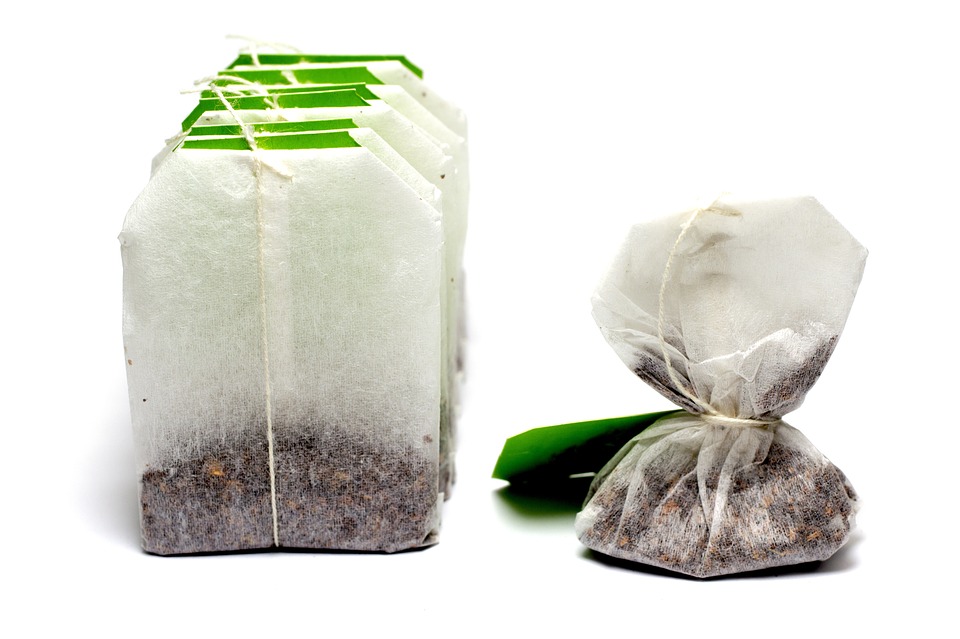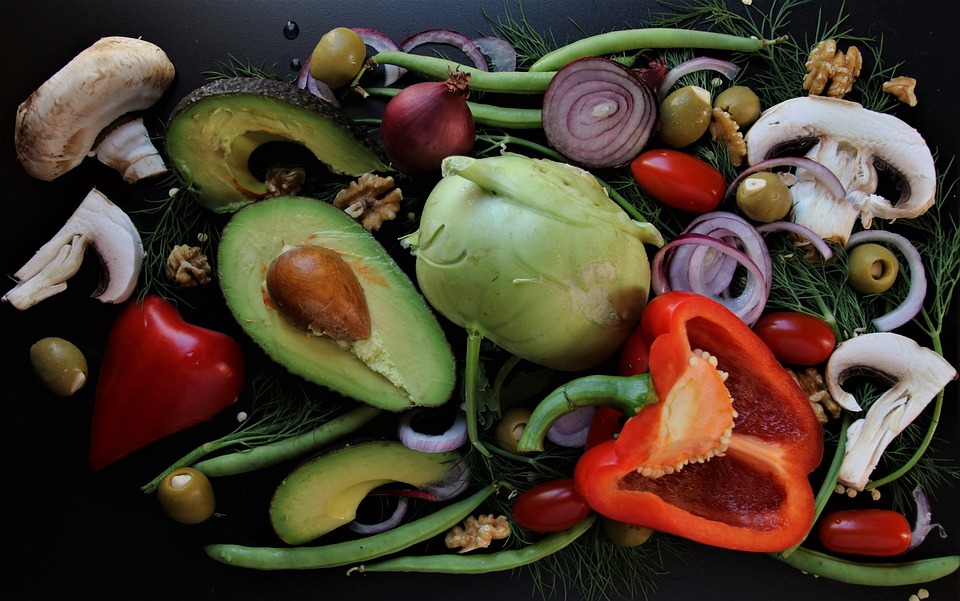Introduction
In our modern world, we are constantly exposed to various environmental factors that generate harmful substances called free radicals. These unstable molecules can wreak havoc in our bodies, damaging cells and contributing to the progression of chronic diseases. However, nature has provided us with a powerful defense mechanism – antioxidants. In this article, we will explore the importance of antioxidants, how they work, and why they are crucial for maintaining good health.
The Role of Free Radicals
What are free radicals?
Free radicals are highly reactive molecules that contain unpaired electrons. They are produced as a byproduct of several natural processes in the body, such as metabolism or immune responses. Additionally, external factors such as pollution, radiation, and even certain medications can increase the production of free radicals.
How do free radicals cause damage?
When free radicals are formed, they seek out stable electrons from healthy cells in order to regain stability. In the process, they cause damage to these cells, leading to oxidative stress. Oxidative stress is associated with a range of diseases, including cancer, heart disease, diabetes, and neurodegenerative disorders.
The Power of Antioxidants
What are antioxidants?
Antioxidants are compounds that can neutralize free radicals before they have a chance to cause harm. They work by donating an electron to stabilize the free radicals, effectively breaking the destructive chain reaction. Antioxidants can be produced naturally within the body or obtained from certain foods and supplements.
Types of antioxidants
There are several types of antioxidants, each with its own unique properties and benefits:
- Vitamin C: Found in citrus fruits, strawberries, and bell peppers, vitamin C plays a crucial role in collagen synthesis and boosts the immune system.
- Vitamin E: Present in nuts, seeds, and leafy greens, vitamin E protects cell membranes from oxidative damage.
- Beta-carotene: Abundant in colorful fruits and vegetables like carrots, sweet potatoes, and spinach, beta-carotene acts as a precursor for vitamin A and is essential for maintaining healthy vision and skin.
- Selenium: Found in Brazil nuts, seafood, and whole grains, selenium helps activate antioxidant enzymes and supports thyroid function.
- Flavonoids: These plant compounds are abundant in berries, tea, and dark chocolate. They have anti-inflammatory and antioxidant effects.
Benefits of Antioxidants
Protecting against chronic diseases
The primary benefit of antioxidants is their ability to combat oxidative stress and reduce the risk of chronic diseases. Studies have shown that individuals with high antioxidant intakes have a lower likelihood of developing conditions like heart disease, certain cancers, and neurodegenerative disorders.
Boosting the immune system
Antioxidants, particularly vitamin C, are essential for a healthy immune system. They help protect immune cells from oxidative damage, ensuring optimal functioning and defense against infections.
Promoting healthy skin
The aging process and exposure to ultraviolet (UV) radiation can cause oxidative damage to the skin. Antioxidants such as vitamins C and E can help reduce wrinkles, improve skin texture, and counter the harmful effects of UV r壯陽藥
ays.
Supporting eye health
Certain antioxidants, like beta-carotene and vitamin E, play a vital role in maintaining good eye health. They protect the eyes from oxidative stress, reduce the risk of age-related macular degeneration (AMD), and promote overall vision wellness.
How to Incorporate Antioxidants into Your Diet
Now that we understand the importance of antioxidants, it’s essential to incorporate them into our daily diet. Here are some tips:
- Choose a variety of colorful fruits and vegetables, aiming for 5-9 servings per day.
- Include antioxidant-rich foods like berries, leafy greens, nuts, and seeds in your meals and snacks.
- Opt for whole grains, legumes, and lean proteins to ensure a well-rounded antioxidant intake.
- Minimize the consumption of processed foods, unhealthy fats, and sugary drinks that offer little nutritional value.
- Consider adding antioxidant supplements, after consulting with a healthcare professional, if your diet falls short in delivering adequate amounts.
Conclusion
Antioxidants are a crucial component of maintaining good health and protecting our bodies against the damaging effects of free radicals. By understanding the role of antioxidants, including the types of antioxidants and their benefits, we can incorporate them into our daily lives through a balanced diet and appropriate supplementation. Embracing antioxidants as allies in our fight against free radicals will go a long way in promoting overall well-being for years to come.




